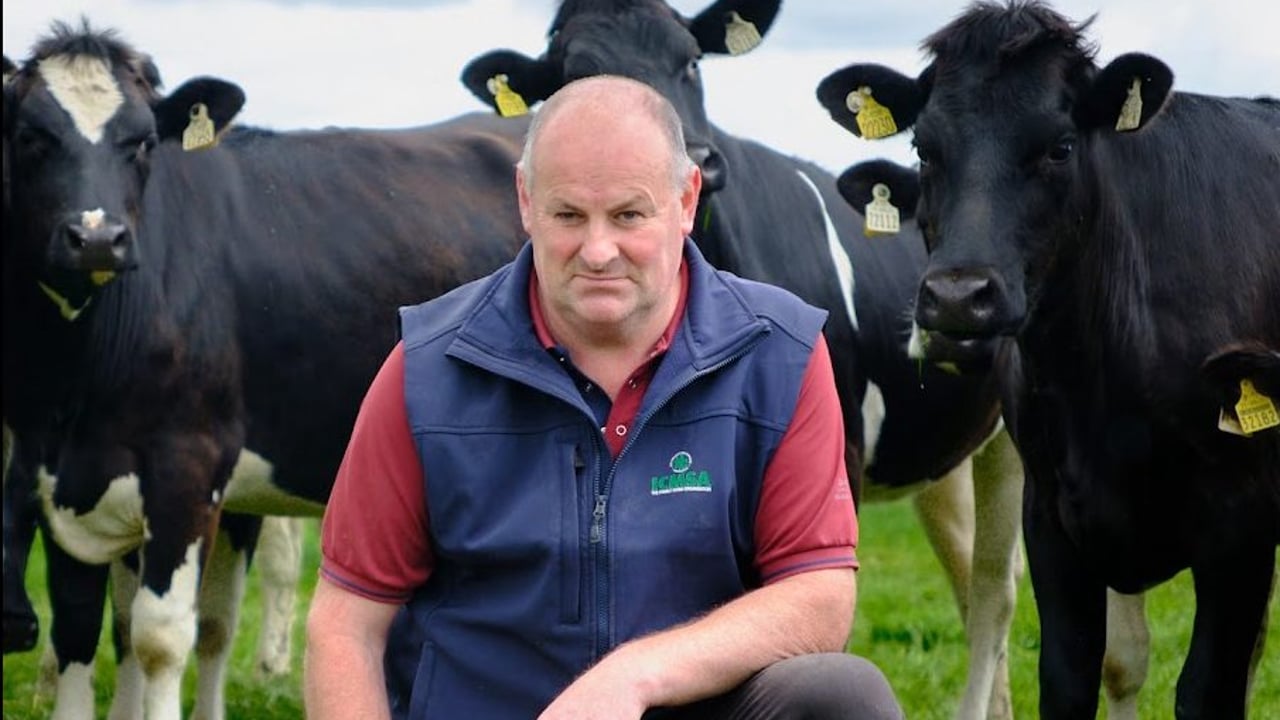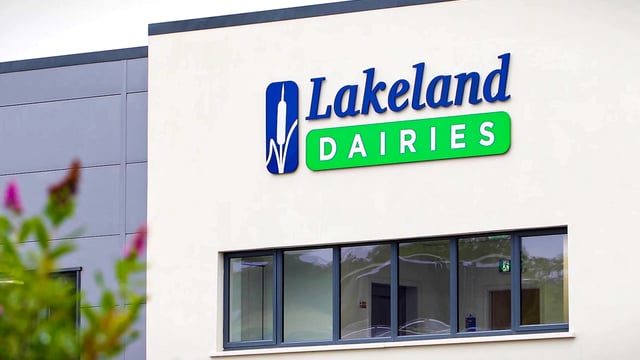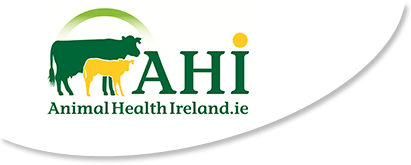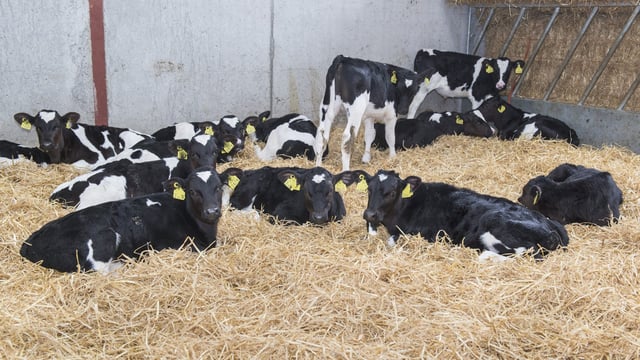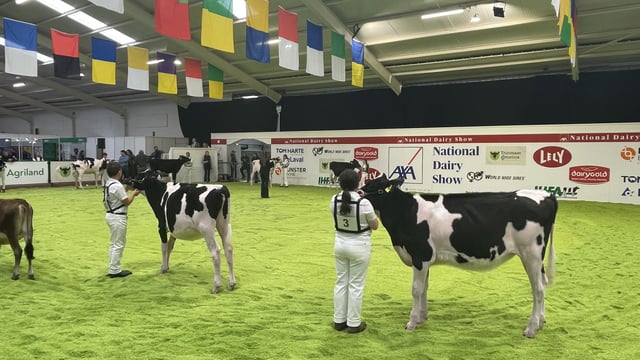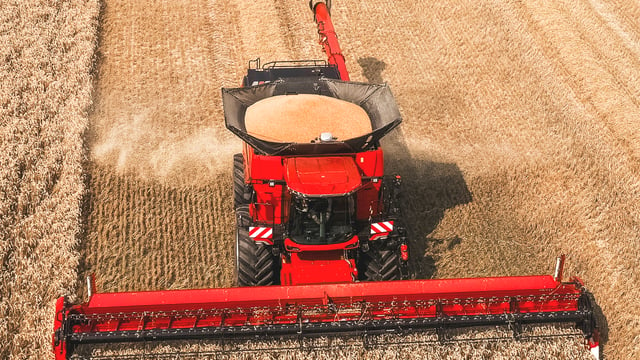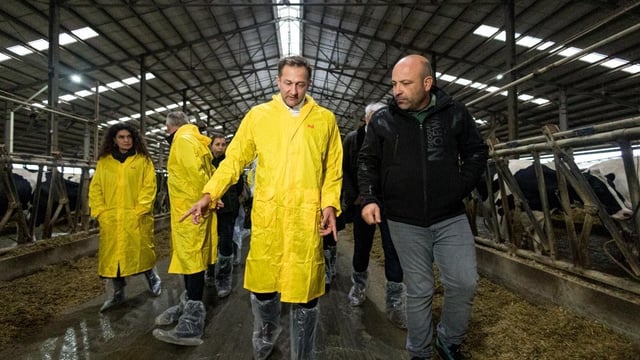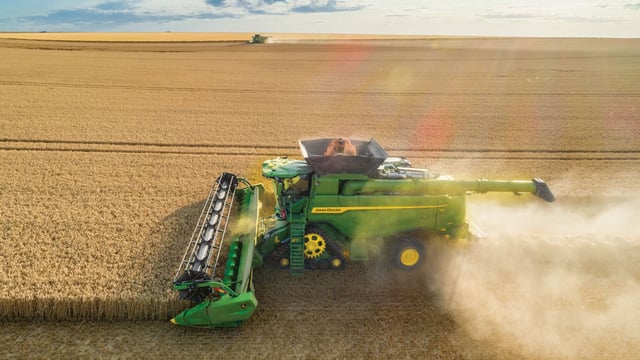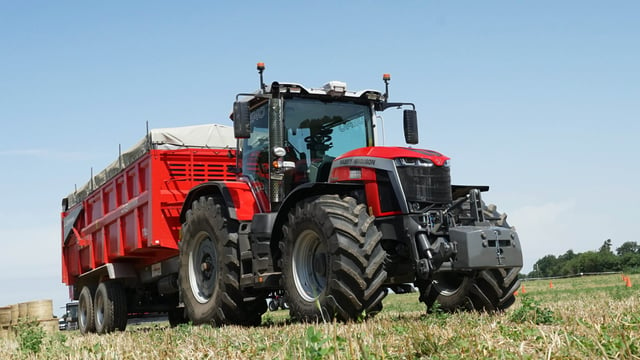Inadequate TB valuation limits 'make restocking impossible'
The current ceilings on valuations of cattle lost to TB are "inadequate" and are "making restocking impossible", the Irish Creamery Milk Suppliers' Association (ICMSA) has said.
Eamon Carroll, the association's deputy president, has called for those evaluations to be "increased immediately to reflect the actual cost of livestock in today's market".
"There's no point pretending that there isn't a problem with the...valuations currently being applied. There is a problem. They are hopelessly inadequate," Carroll said.
"Affected farmers are suffering a double blow. They are taking the financial and psychological blow of the TB itself and then being hopelessly underfunded in terms of purchasing replacement stock," he added.
"Beef prices have gone up by more than 40% in the last 12 months but we are still operating under ceilings that don't reflect that."
Carroll called on Minister for Agriculture, Food and the Marine Martin Heydon to immediately increase the ceilings.
"Farmers trying to go out and restock are just unable to purchase the same type of animal due to the valuation ceilings," he said.
"There's no way that they can replace on a like-for-like basis, and the compensation package is just demonstrably failing those farmers already suffering the serious impact of TB," the ICMSA deputy president added.
He said that the "very first item" on any TB Action Plan "has to be fairness and decency towards the farmers affected".
Carroll said that "the very first way of showing that would be realistic sums allocated to restock with replacement animals".
"This must mean the minister increasing the valuation ceilings immediately," he added.
Cross-border TB cooperation
In other TB-related news, Minister Martin Heydon, and his Northern Ireland counterpart Andrew Muir, have announced a new project by their departments to tackle the growing impact of bovine TB on farms in a pilot area.
The project is part of the Shared Island Initiative.
Both departments will engage in developing the overall approach for the cooperation project, which is to focus on implementation of measures on a coordinated regional basis, to support reduction of bovine TB incidence and transmission.
The project will be consistent with and contribute to both departments' overall policies and approach to working with farmers to tackle TB.
A further announcement on the detail of the project is set to be made once that engagement is completed.

